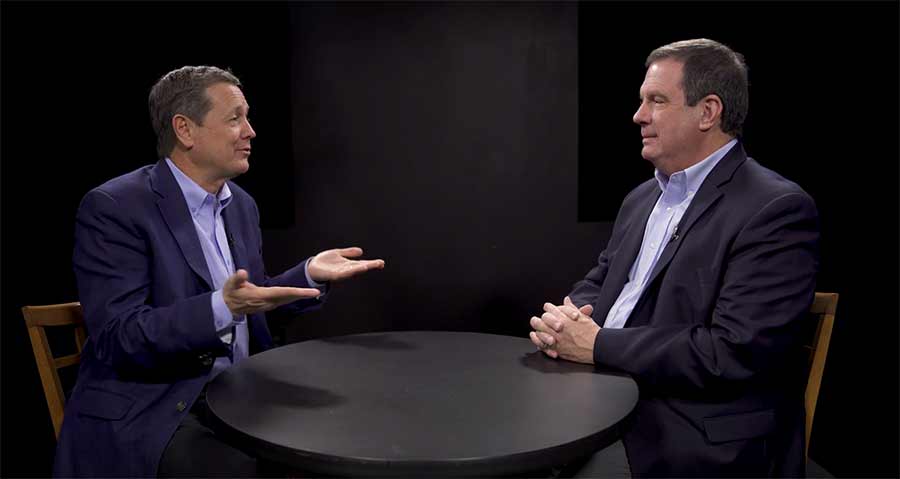A few years ago in our church, our elders were working hard to prepare a budget to present to our members and just couldn’t make the numbers work. The reality was we felt strongly that we needed to increase some of our giving in the area of church planting and missions in a way that was going to significantly outpace our giving trajectory from the previous year.
After weeks of trying to figure out how to make the numbers work, we decided to present two options to our members. One that fit our current giving trajectory but left out the increase in church planting and one that included it but would require our church to increase it’s general budget giving significantly. When the time came we presented both options, explaining that our elders were in favor of the increase, and the church responded with overwhelming support to increase our generosity to church planting in missions. Our giving went up 33 percent that month and has grown stronger ever since. I learned four things about missions giving as I reflected on that experience.
1. Make giving personal.
At Pillar Church, our support of missions and church planting aims at making it personal. One of the reasons we felt the need for the increase is because we stay in close personal touch with our church planters and missionaries. Many of them were members we have sent out, and others have been prayed for often in our services. Because of that, our people have come to know the joys and challenges the people we support face. We are not giving to support a cause, we are giving to support family who are taking risks on our behalf to extend the gospel into new places.
2. Make giving a priority.
In everything we do, we want to communicate that our highest priority is the spread of the gospel. From the time we start a new church, we ask that plant to put a line in their budget for supporting other work. I was just with our church planting pastor in Iceland, and he was excited about the fact that they have been able to increase their involvement and generosity toward a church planter in Belarus. Even greater were the personal ways in which their members were praying and connecting with that work. Prioritized missions giving has caused their church to be continually reminded that the mission is bigger than their church. At Pillar Church, our leaders have tried to consistently communicate that our efforts to spread the gospel are more important than our own survival.
3. Make giving prayerful.
If you are like us, there are many times when we encounter needs in the work of missions and church planting that we are not sure how to even address. When that is the case, we will often simply communicate it to the church and pray for it. As leaders we feel like we always have to have a solution before we communicate the problem. In reality, the most important moments are when we share the burden with the church and give our hearts to the cause in prayer together. Solutions often follow but, most importantly, our hearts are already committed when God provides the resources.
4. Make giving practical.
One simple way to lead your church to be more generous in missions giving is to find a number of practical needs that workers have and strategize to take care of them. Sometimes, we lack motivation for giving to the needs associated with missions and church planting because we cannot see the way that our generosity is making a contribution. Over the years, we have helped to pay seminary tuition, bought livestock, paid to dig wells, purchased teaching materials, helped with moving expenses, sent Christmas gifts, funded vision trips, sent encouragement teams and worked to provide for many other practical needs. By presenting practical needs to the church, we have found that different people in our church are moved to be generous in the face of different types of needs. If you will work to make your church aware of the many needs that are a part of the work of advancing the gospel, you will be surprised at how God uses it to connect your people to the mission.
Whether you are planting a church or leading an existing congregation, the finances of the church are ultimately going to tell a story about what is at the heart of your identity. It is my prayer, for our church and for yours, that the gospel of Jesus of whom Paul says, “though he was rich, yet for your sake he became poor, so that you by his poverty might become rich” would be the power that motivates our giving until the world is filled with knowledge of Christ among every nation, tribe and tongue.
Published June 22, 2017
